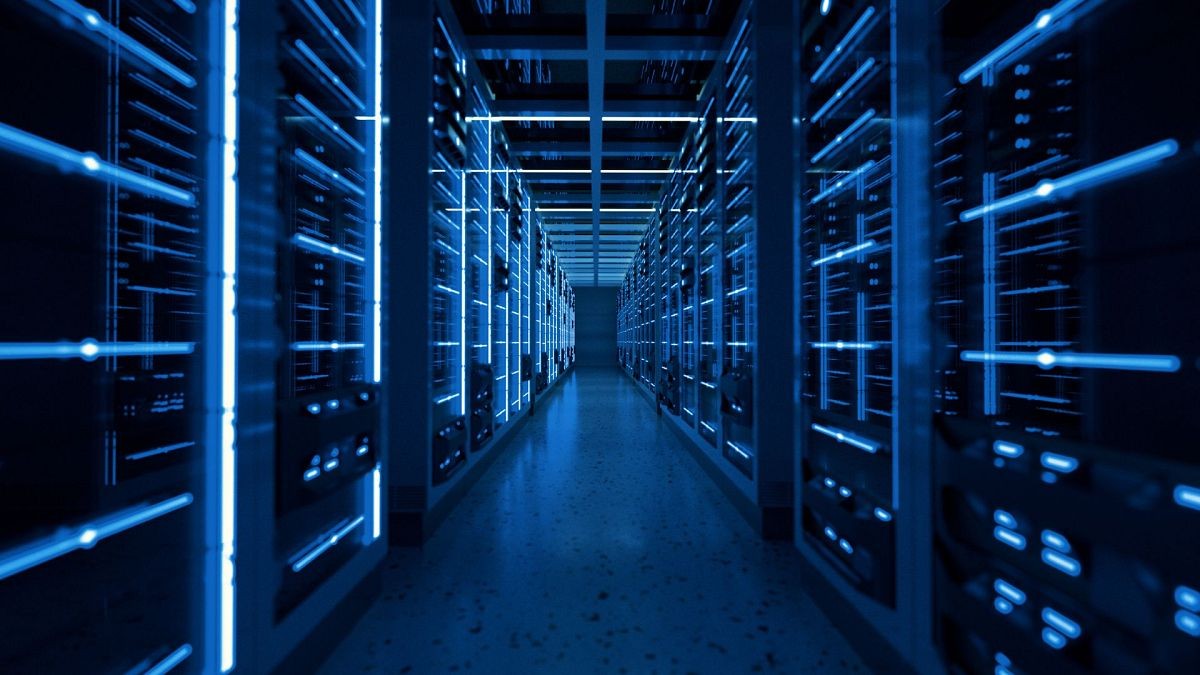
The rapid growth of generative artificial intelligence (AI) is set to dramatically increase the carbon footprint of datacenters worldwide, according to a new report from Morgan Stanley. The investment bank's research predicts that datacenter emissions will triple by 2030 compared to a scenario without generative AI, reaching a staggering 2.5 billion tonnes of greenhouse gases.
This surge in emissions stems from two main factors: the construction of new datacenters to meet AI demand and the massive electricity requirements of these facilities. Approximately 60% of the projected emissions are attributed to operational power needs, while the remaining 40% comes from the manufacturing and construction processes.
The report highlights that datacenter construction emissions alone are expected to skyrocket from about 200 million tonnes this year to 600 million tonnes annually by 2030. This threefold increase is directly linked to the explosive growth of generative AI technologies.
Major tech companies are already feeling the impact. Microsoft, for example, reported a 29.1% increase in CO2 emissions from its 2020 baseline, largely due to indirect emissions from datacenter construction to support growing cloud service demands.
The United States is poised to be at the epicenter of this trend, with over half of the global datacenter expansion projected to occur within its borders. This presents both challenges and opportunities for the country in terms of managing emissions and developing decarbonization solutions.
Morgan Stanley's research also points to potential investment opportunities in carbon capture and removal technologies. The report estimates a theoretical market for carbon capture, utilization, and sequestration (CCUS) of about 260 megatonnes of CO2-equivalent by 2030, requiring investments between $15-45 billion.
Additionally, the demand for carbon dioxide removal (CDR) from major tech companies like Microsoft, Google, Meta, and Apple is expected to reach a combined total of 25 megatonnes CO2-equivalent by 2030. This represents a twentyfold increase from their most recent fiscal year levels.
As the AI boom continues to drive demand for datacenter space and computing power, the industry faces mounting pressure to address its environmental impact. The report suggests that reforestation projects may play a key role in helping hyperscale operators meet their 2030 net-zero targets.
The findings underscore the urgent need for the tech industry to balance innovation with sustainability as the world grapples with the challenges of climate change. As generative AI reshapes various sectors, its environmental consequences are becoming increasingly apparent, prompting calls for more sustainable approaches to technological advancement.